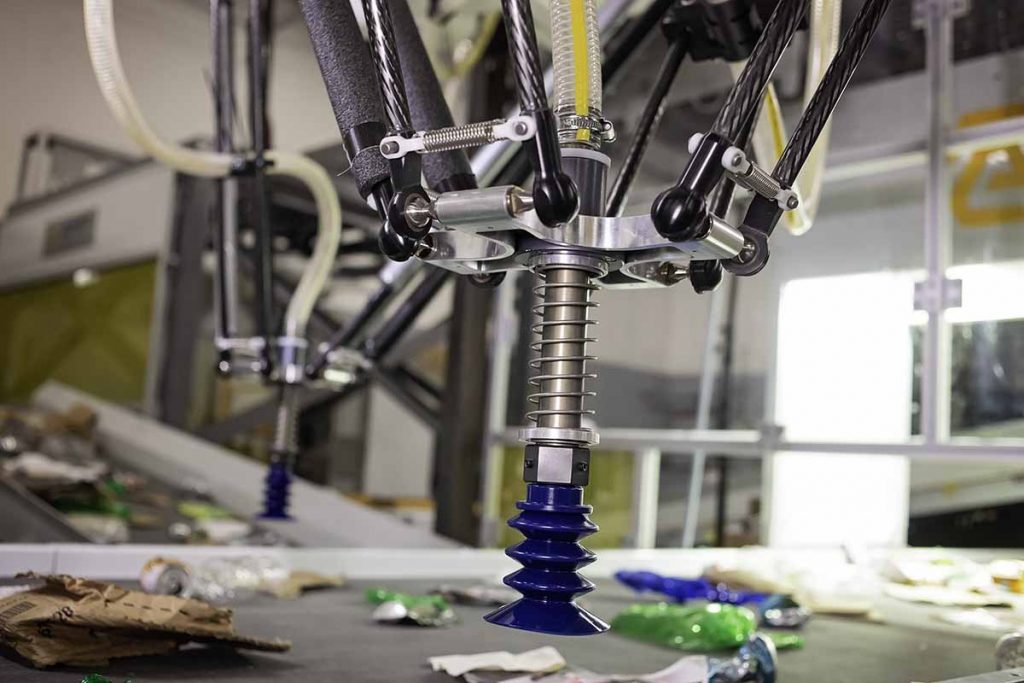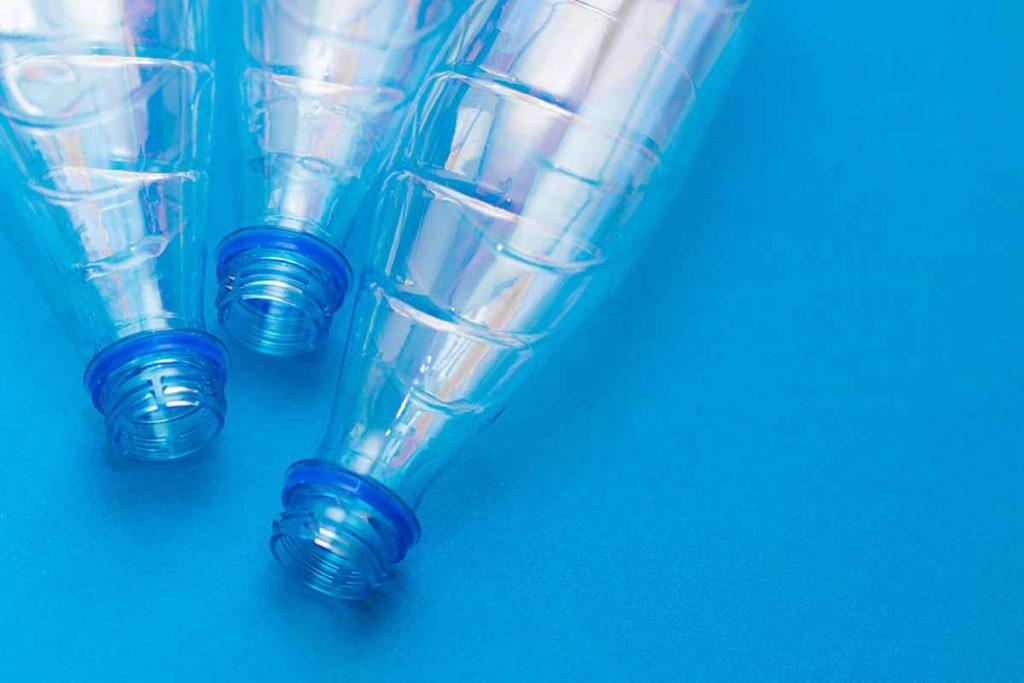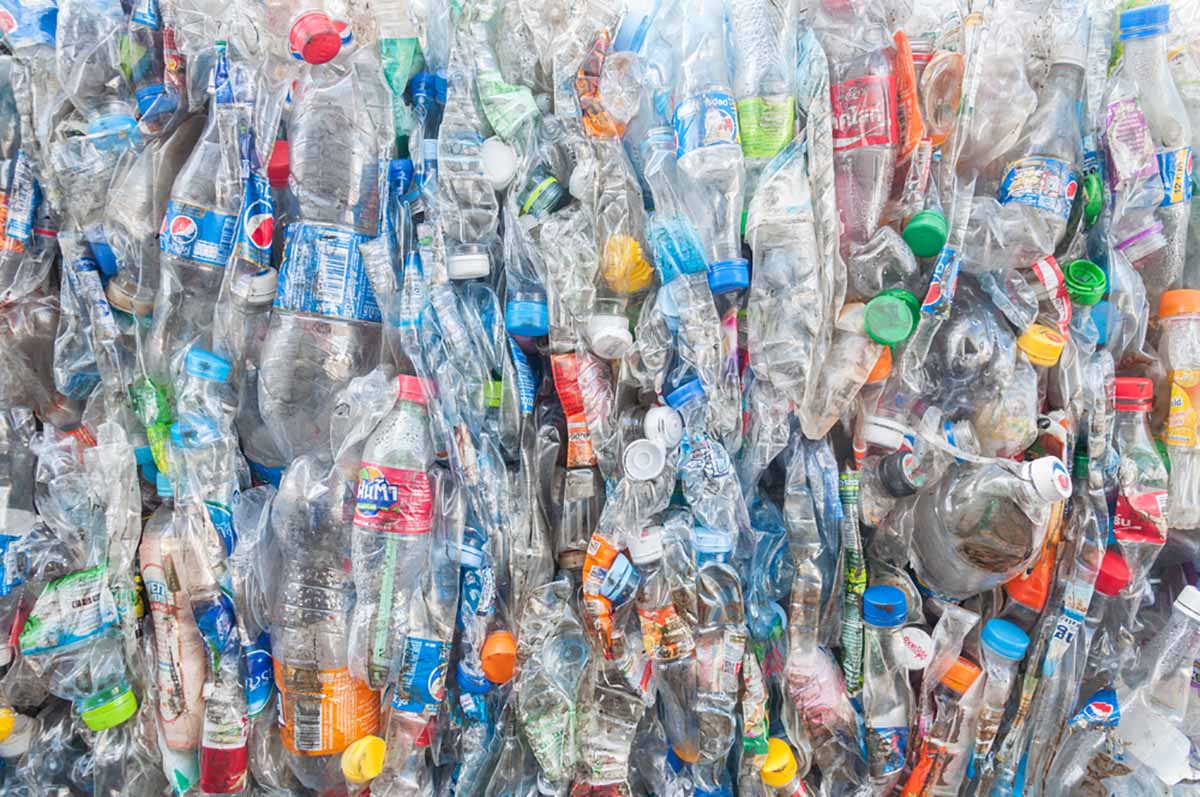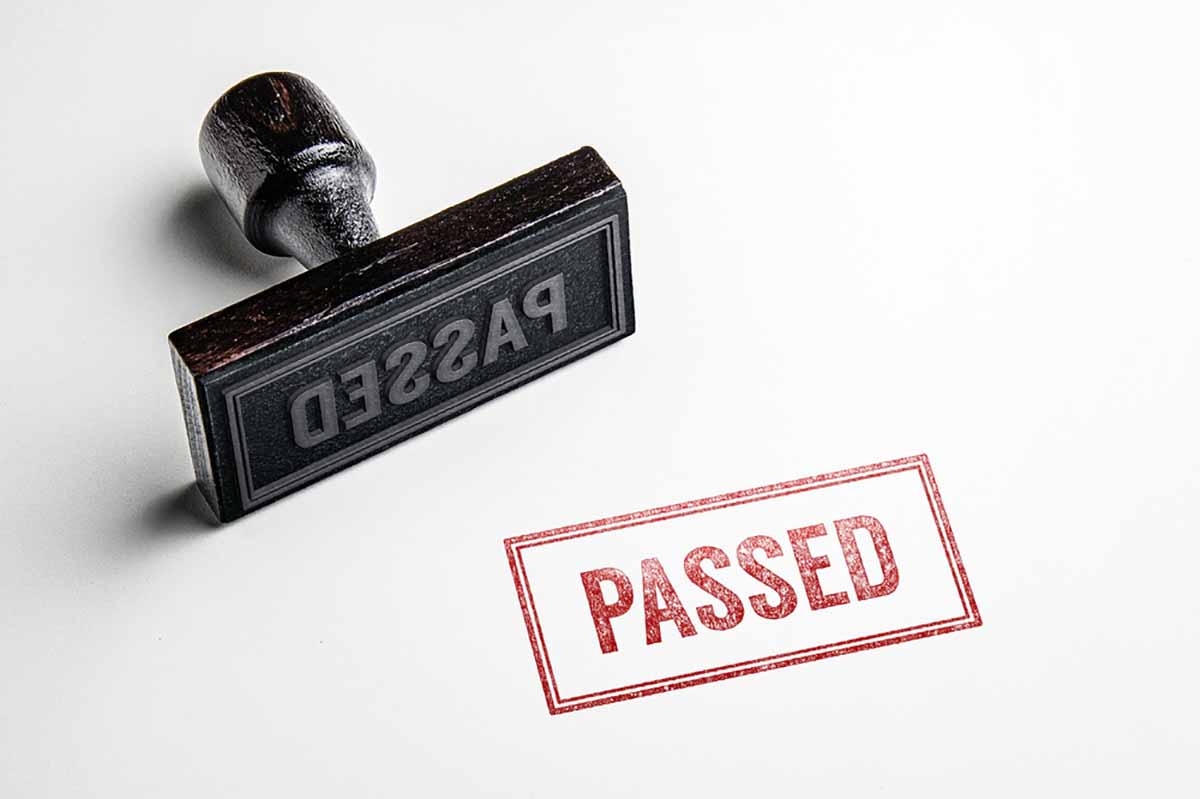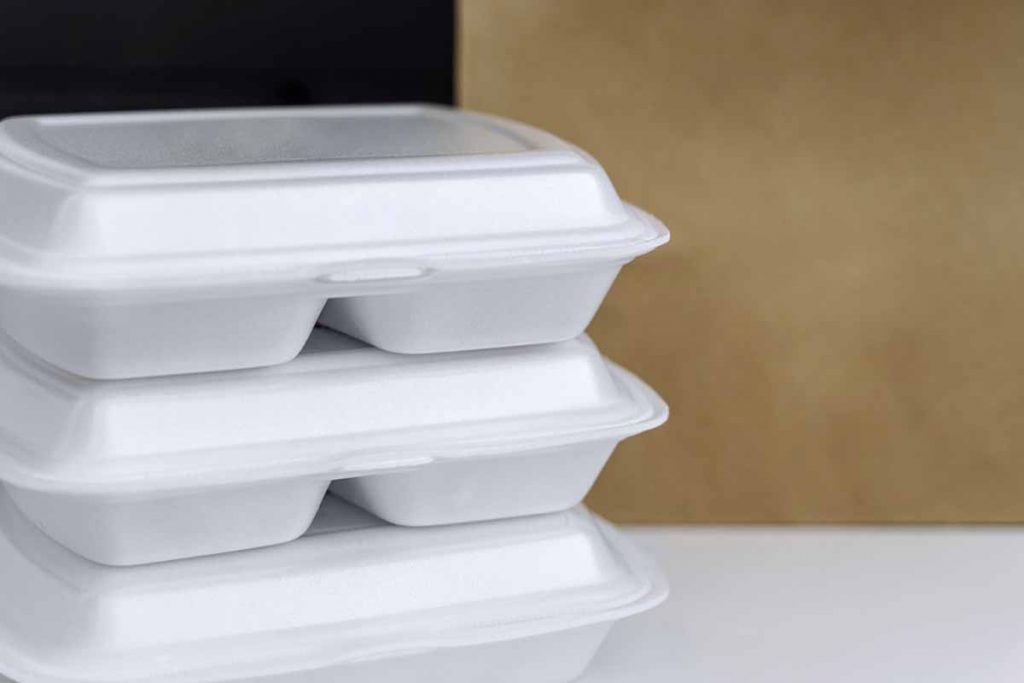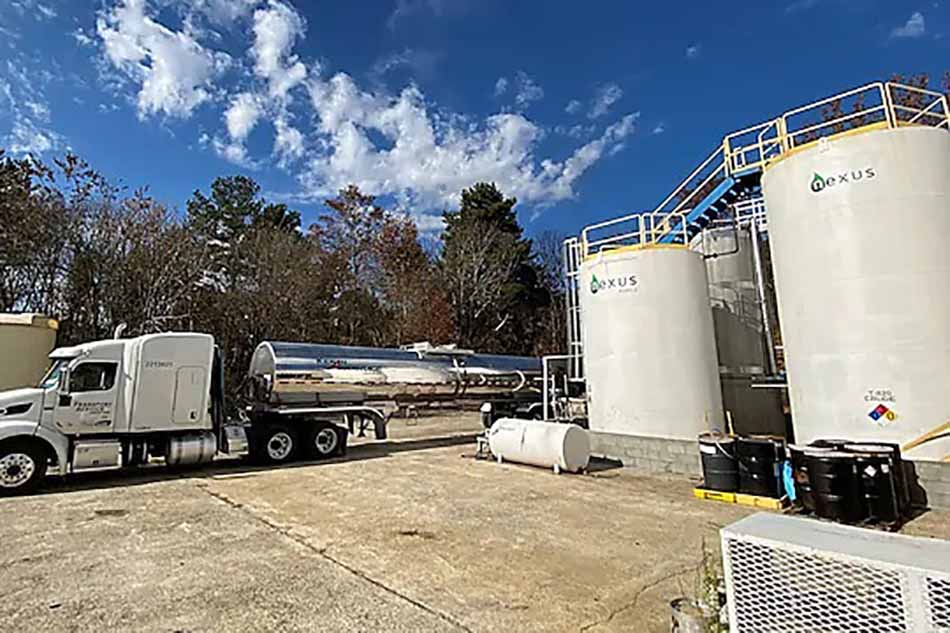
The CEO of Nexus Fuels told Plastics Recycling Update how his company uses its pyrolysis technology to convert the mix of post-consumer plastics collected at the curb into chemical and wax products. | Nexus Fuels
For the past two years, difficult-to-recycle plastics have been collected in Cobb County, Ga. through the Hefty EnergyBag program. A downstream processor recently described what happens to that material.


